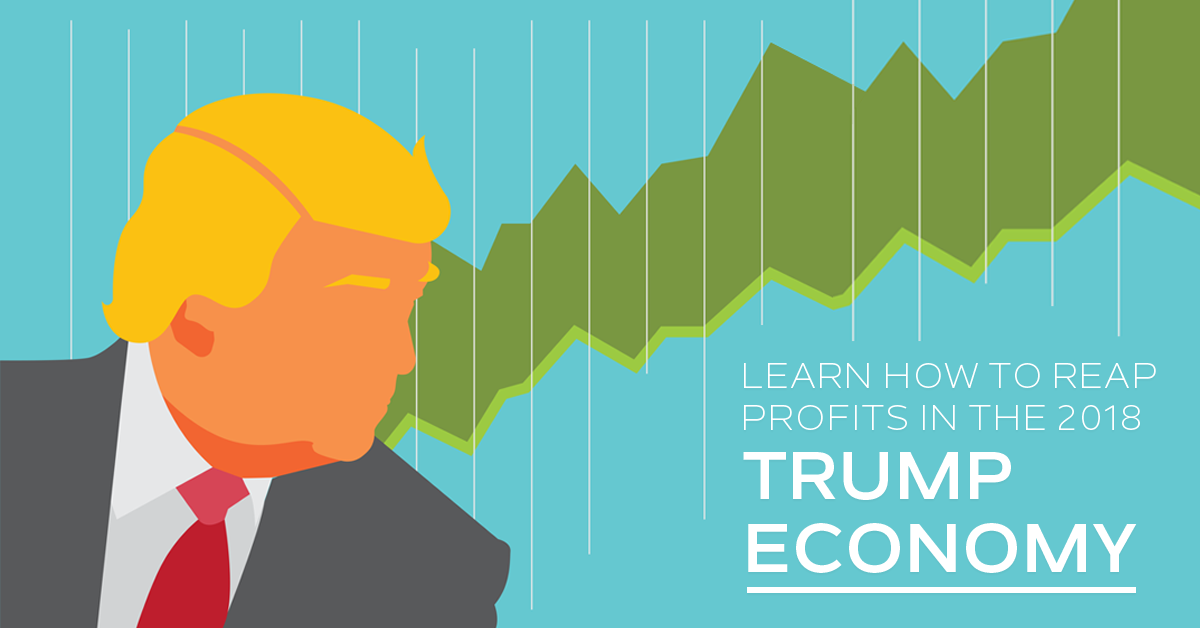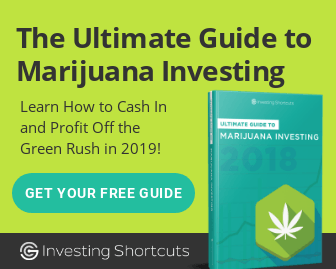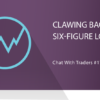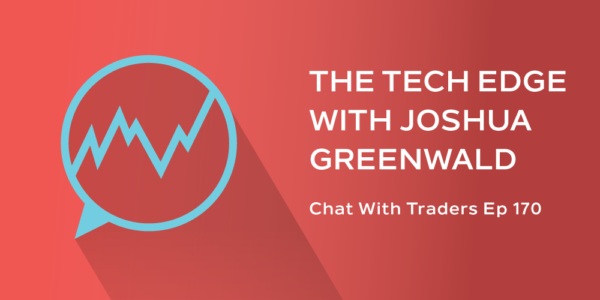
Government reports, earnings, broker upgrades, and news information are constant being released in the marketplace. The data overload can lead to emotional trading for those who react to barrage of micro price movements. In reality, most events are already discounted and priced into the market.
It is important to understand that financial markets are always looking forward, and current information is often already reflected in current prices. The release of government financial data and corporate earnings announcements is anticipated by the investment banks and professional traders. Unless the actual numbers are dramatically different than expectations, the reaction is often muted.
That is not to say that there are not opportunities to profit and lose when this data is released. The purchase of a straddle or strangle option strategy can take advantage of either a significant move in one direction or another. In order to profit, the move needs to exceed the total premium paid for the position. Without a major reaction to the information the straddle/strangle doesn’t achieve its goals but is a limited risk position when purchased.
The strategy of selling a straddle or strangle is attempting to take in that risk premium and have a modest response to released data. Sometimes options can become inflated by increased demand prior to a stock earnings release. The downside is that the selling strategy has a profit limited to the option premium received with unlimited risks. After the crucial data is disseminated, the volatility can lessen if there is no reaction.
Even if someone had the information prior to it being released, it would still be very challenging to make profitable trades from it. The million dollar question is how the market is going to react, not the actual data numbers. Analysts and investors have executed their trades based upon what was expected. Buying and selling has already occurred and unless the information is dramatically different, the trend moves on.
News can be noise, and the overall trends for different time frames are more important to identifying high probability trading candidates on a consistent basis. We may see some short term increase in price volatility immediately but rarely does that change the overall trend. Oftentimes the overall trend is accelerated. In the instances where the numbers differ from expectations, it is vitally important to have a disciplined trading plan in place. Getting stopped out is a desired outcome when markets reverse.
The momentum behind trending markets is a powerful force. The force that moves markets can be news or more often a lack of contrary information to let trends remain intact.
The most important reality of trading is not what cause markets to move, but rather having a plan to deal with it. The number one goal for professional traders is to control risk. Proper money management and having a trading plan will ensure discipline in order to have long term success.
The nearly 24 hour world of trading is efficiently digesting all of the information and reflecting the buying and selling in the price. Trade with the trends and with good money management, and you can let the news stir up emotion in others. Let the news fuel the trends and profit from built in expectations and direction.











